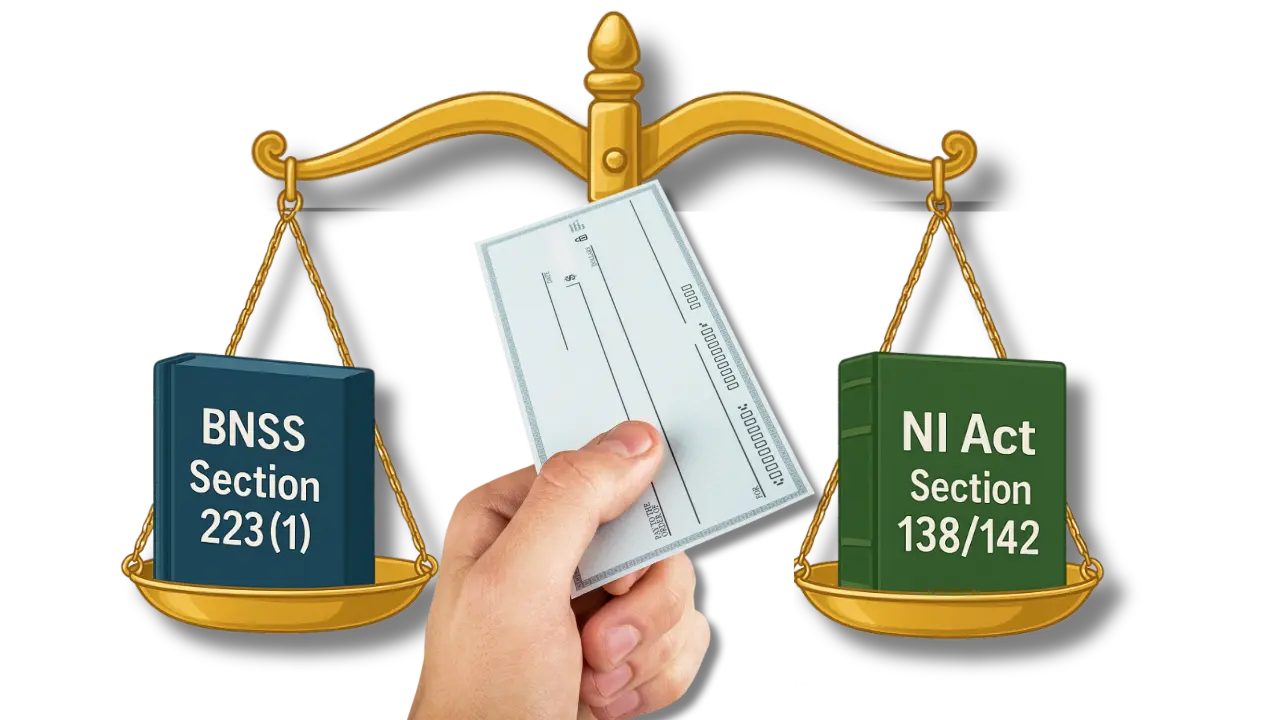Introduction
Imagine a complex, multi-million dollar business agreement, meticulously negotiated and signed by two parties. This isn’t a handshake deal; it’s a formal contract that allocates risks, sets timelines, and specifies consequences for non-compliance. What happens when one party fails to meet their obligations, and a regulatory body intervenes, not to interpret the contract, but to rewrite its terms based on a subjective notion of “fairness”?
This scenario strikes at the very heart of contractual law and commercial certainty. It poses a fundamental question: Should the specific, agreed-upon terms of a commercial contract be considered sacrosanct, or can regulatory or adjudicatory bodies step in to alter them under the guise of equity? Against this backdrop, the Supreme Court of India in Chamundeshwari Electricity Supply Company Ltd. (CESC) v. Saisudhir Energy (Chitradurga) Pvt. Ltd. & Anr1., delivered a decisive verdict.
The main issue was whether a developer, who had delayed a solar power project, was excused from its contractual obligations, thereby preventing the PPA2 counterparty from encashing a performance bank guarantee. The developer, Saisudhir Energy, contended that the delay was due to a third-party issue—the state transmission utility’s failure to build evacuation lines—and that the regulatory bodies were within their rights to provide relief. On the other hand, the appellant, CESC, argued that the regulatory authorities had overstepped their jurisdiction by rewriting a concluded commercial contract and that the developer had failed to follow the specific mechanisms for seeking relief as laid out in the PPA itself.
This article delves into the jurisprudence that establishes the supremacy of commercial contracts over regulatory discretion, highlighting how the court’s decision reaffirms the principle that a PPA, as the product of a competitive bidding process, must be enforced strictly according to its express stipulations.
Beyond the immediate dispute, the recent Supreme Court judgment in Chamundeshwari judgement isn’t just a win for one company; it’s a powerful reaffirmation of a long-standing legal principle. It cements the idea that commercial contracts, particularly those involving public entities, are not mere suggestions but the ultimate law governing the relationship between the parties. But how did the Court arrive at this conclusion? And what judicial history supports this seemingly simple, yet profoundly important, idea?
The path to this ruling is paved with a consistent line of judgments, all of which prioritize contractual sanctity over an arbitrary application of “equity.” The Supreme Court’s decision to set aside APTEL’s order in the Chamundeshwari case did not happen in a vacuum. It drew strength from a jurisprudential lineage that goes back decades, establishing a clear hierarchy: the explicit terms of a contract always prevail. The Court, in its reasoning, highlighted its consistent stance, stating that “regulatory or adjudicatory fora cannot, under the guise of equity or fairness, rewrite the contractual framework or superimpose obligations alien to the agreement.”
This principle finds its roots in classic cases like Alopi Parshad & Sons Ltd. v. Union of India3 (1960). Here, the Supreme Court set the tone by stating that even in contracts with the State, courts cannot depart from express terms due to a change in circumstances. The message was clear: a contract is a deliberate allocation of risk, and a court’s role is not to save a party from a bad bargain.
This was further reinforced in State of Orissa v. Damodar Das4 (1996), where the Court reiterated that public law or constitutional principles cannot override explicit commercial terms. The Court emphasized the sanctity of contracts, restricting judicial interference to cases of clear arbitrariness. Similarly, in Raunaq International Ltd. v. I.V.R. Construction Ltd.5 (1999) and Air India Ltd. v. Cochin International Airport Ltd6. (2000), the judiciary underscored its respect for commercial contracts, especially in high-stakes tender processes. Intervention, they held, is justified only when substantial public interest is compromised, not merely for equitable considerations.
What happens when a State instrumentality is a party to the contract? Does that change the rules of the game? A judgment by Justice K.M. Joseph in M.P. Power Management Company Limited7, and the case of ABL International Ltd. v. Export Credit Guarantee Corpn. of India Ltd8. (2004) provides the answer. These cases firmly established that if the State’s action is within the four corners of the contract, it is immune from challenge on public law grounds. The judiciary has consistently maintained that commercial contracts override equity unless arbitrariness or a violation of Article 14 is proven.
The jurisprudence is even more pronounced when it comes to PPAs, which are often the product of competitive bidding processes. The recent Chamundeshwari judgment is a prime example. The Court held that the PPA, having received regulatory approval, “must be construed and enforced strictly in accordance with its express stipulations.” It was a direct rebuttal of APTEL’s attempt to rewrite the contract by ordering the restoration of the bank guarantee and altering the timelines and tariffs. This stance is mirrored in the APTEL Judgment in Appeal No. 313 of 2018, where the tribunal made it clear that the rights and obligations of the parties must flow directly from the PPA’s terms, not from external policies or equitable considerations.
Chamundeshwari judgment is related to Restoration of Invocation of Bank Guarantee further solidifies this point. In a solar energy dispute, the Court reinstated the invocation of the bank guarantee, stating bluntly: “The PPA must be enforced as it stands—not as regulators wish it had been drafted.” This ruling, along with cases like Sasan Power Ltd v. M.P. Power Management Co9.makes it clear that commissions cannot use their regulatory powers to vary a PPA’s terms, even in the name of public interest or equity.
Conclusion
Ultimately, this chain of judgments creates a robust legal framework. It sends a strong signal to the market that a contract is a contract, and the express terms are the final word. It ensures that commercial sanctity prevails over subjective notions of fairness, providing the certainty necessary for large-scale projects and investments. The question, then, is not whether a regulator can intervene, but to what extent? The answer, as these cases demonstrate, is strictly limited to enforcing the contract as written, not reimagining it.
Citations
- Chamundeshwari Electricity Supply Company Ltd. (CESC) v. Saisudhir Energy (Chitradurga) Pvt. Ltd. & Anr. Civil Appeal No. 6888 of 2018
- Power Purchase Agreement
- Alopi Parshad & Sons Ltd. v. Union of India (1960) 2 SCR 793
- State of Orissa v. Damodar Das(1996) 2 SCC 216
- Raunaq International Ltd. v. I.V.R. Construction Ltd. (1999) 1 SCC 492
- Air India Ltd. v. Cochin International Airport Ltd.(2000) 2 SCC 617
- M.P. Power Management Company Limited M/S. Sky Power Southeast Solar India Private Limited & Others SLP (C) Nos.4609-4610 OF 2021
- ABL International Ltd. v. Export Credit Guarantee Corpn. of India Ltd.Appeal (civil) 5409 of 1998
- Sasan Power Ltd v. M.P. Power Management Co. Appeal No. 121 of 2015
Expositor(s): Adv. Anuja Pandit






